
Securing Nigeria
Nigeria’s insecurity cannot be solved by foreign airstrikes or a failing state, but by rebuilding democratic, community-rooted systems of collective self-defense.

Nigeria’s insecurity cannot be solved by foreign airstrikes or a failing state, but by rebuilding democratic, community-rooted systems of collective self-defense.

Burna Boy’s highly publicized Lagos prison visit looked like generosity, but it also looked like content. Who was it really for?

The volcanic temperament and irresistible brilliance of the footballing star converge as the Super Eagles close in on continental glory.

The 2025 Africa Cup of Nations marks a transition period for the Nigerian men's national team. This could be good for them (and the nation).

The Super Eagles don’t suffer from a shortage of talent, but represent a country unwilling to admit that greatness is not a birthright.

A dispatch from Benin City tells the unfinished story of the Museum of West African Art.

The scandal around Ezra Olubi has exposed the contradictions of Nigeria’s middle-class, online feminism.

The dispute over Benin City’s museum project shows that returning stolen art does not settle the question of ownership.

As the White House hypes “Christian genocide” and floats military action, northern Nigerians are responding with satire.
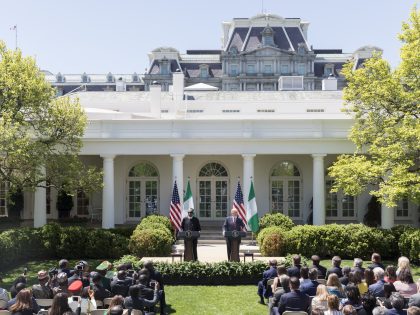
Trump’s threats of military action against Nigeria are not about Christian genocide, but are about rare earths, China, and the scramble to control Africa’s mineral future.
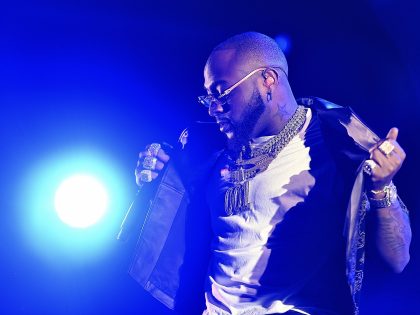
Davido’s appearance at 'Amapiano’s biggest concert' turned a night of celebration into a study in Afrophobia, fandom, and the fragile borders of South African cultural nationalism.
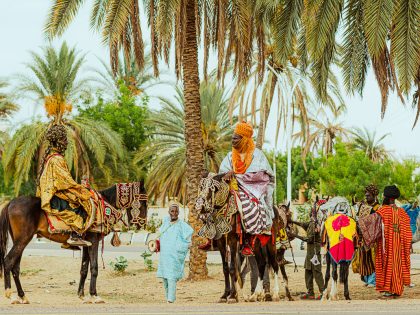
A photo essay on Nigeria’s Durbars and the power of royal pageantry.
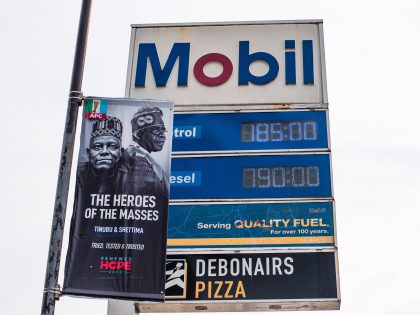
The country that once produced some of Africa’s fiercest moral voices now struggles to sustain independent thought.
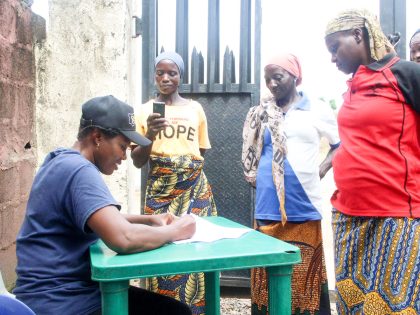
Trump’s aid cuts have gutted HIV programs across Nigeria—forcing local women-led groups to rebuild health and dignity from below.
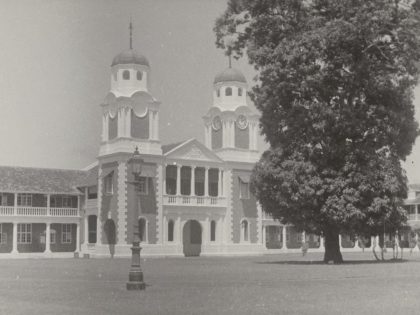
Inside the crumbling walls of Nigeria's Old Secretariat, echoes of colonial governance and national awakening meet the silence of decay.
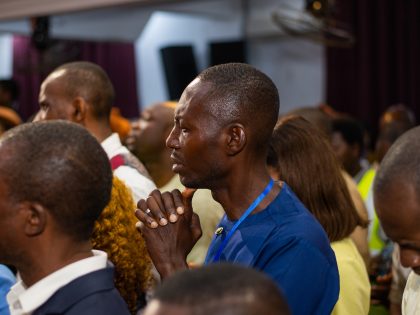
Far-right and pro-Israel actors are recasting Nigeria’s insecurity as sectarian extermination to distract from Palestine.
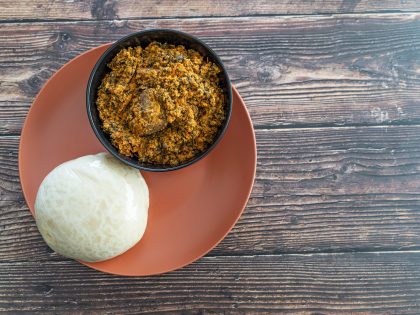
In Nigeria, the drive to cut corners has turned food and drink into vectors of illness, sacrificing health and heritage at the altar of profit.
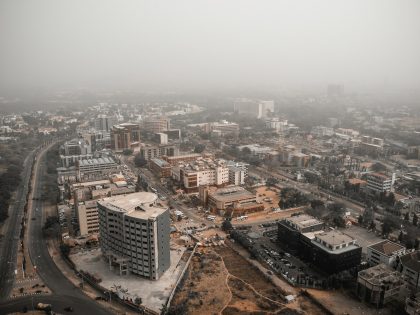
A new opposition coalition in Nigeria claims to speak for the people, but its architects are from the same old political class seeking another shot at power.
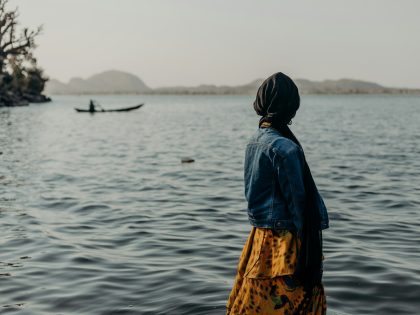
In her latest novel, Chimamanda Ngozi Adichie examines the contradictions of women’s desires, while leaving her own narrative blind spots exposed.
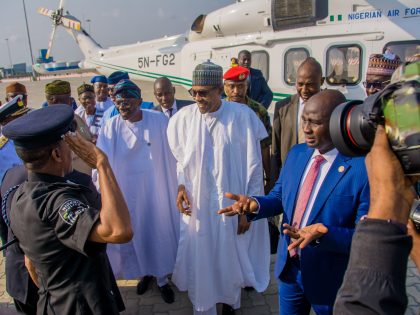
As former Nigerian president Muhammadu Buhari’s death is mourned with official reverence, a generation remembers the eight years that drove them out.